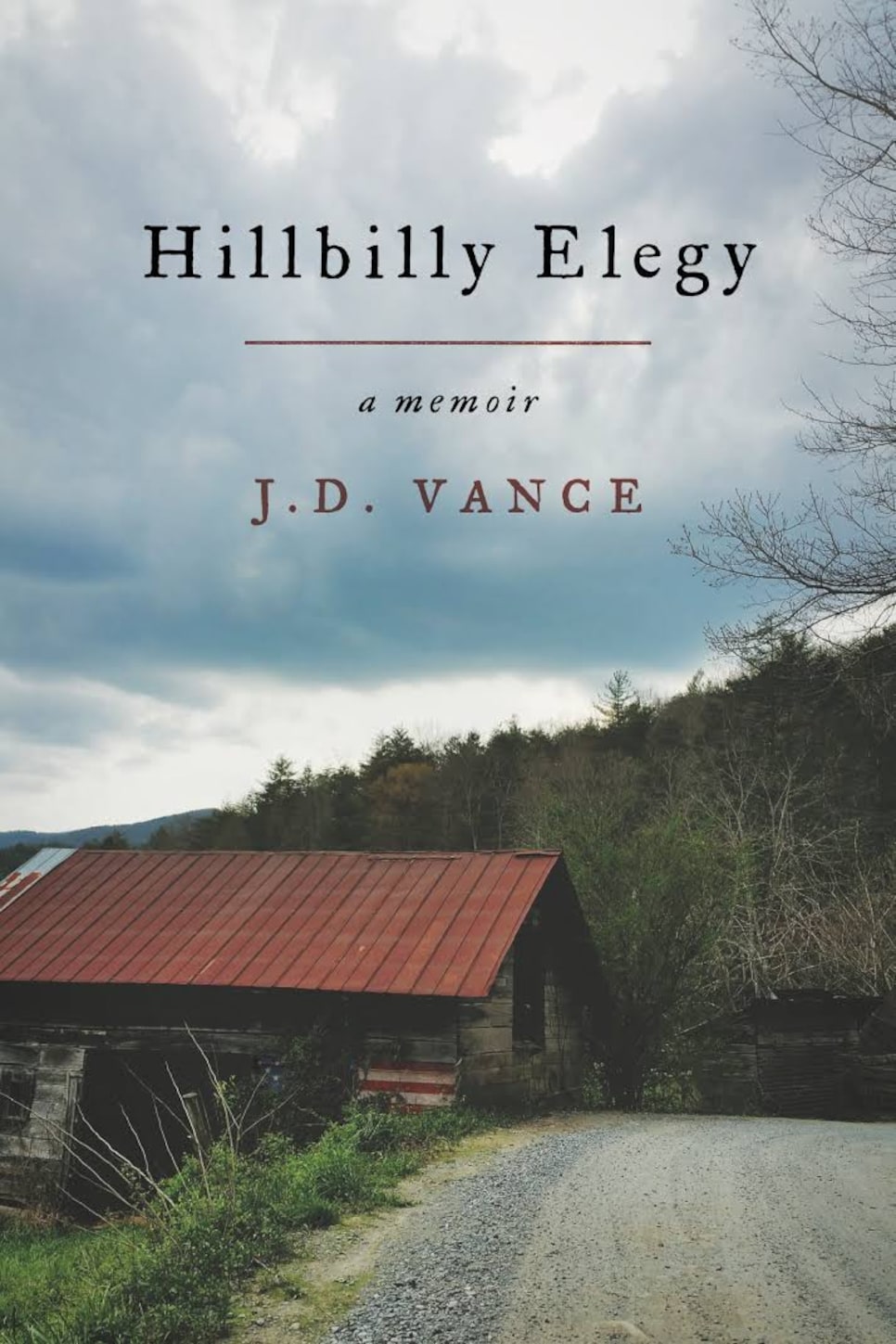Editor’s Note: Donald Trump has selected first-term Ohio senator J.D. Vance as his Republican running mate for the November presidential election. This story was written in 2016, before Vance’s entrance into politics.
A book with a title that references hillbillies, its pages exploring the plight of America’s white working class and its inability to access the path to upward mobility, is not where one might expect to find golf.
But there it is in J.D. Vance’s No. 1 New York Times bestseller, “Hillbilly Elegy: A Memoir of a Family and Culture in Crisis,” page 143: “During my last year in high school, I tried out for the varsity golf team.”
Vance, who called himself “a hillbilly at heart,’ did not make the team, not surprisingly for a late convert to the game and a product of this working class that he described in his book this way: “Americans call them hillbillies, rednecks, or white trash. I call them neighbors, friends, and family.”
His own dysfunctional family included a largely absent father, a mother addicted to prescription painkillers and a grandmother who vowed to kill his grandfather if he ever came home drunk again, and when he inevitably did she doused him with gasoline and dropped a lit match on him (he survived).
Yet it was this same grandmother, Mamaw, as he calls her, who introduced equilibrium to his life and encouraged him to take up golf, “because that’s where rich people do business.”
“I was the only person of my background I knew who played golf, though I was introduced to the game in part from a great uncle who had achieved some level of material success himself before picking the game up,” Vance said via email. “He’s probably the reason my grandma thought golf was how rich people did business — he was likely her most successful sibling in financial terms.

“All of the other kids who played were more middle or even upper middle class, and I’ve often wondered whether that was part of the reason Mamaw wanted me to learn to golf: to get exposure to kids from a different background. I’m still close with many of the friends I made on the golf team.”
Vance took lessons at TPC Franklin (Ohio), the TPC in this case standing for The Practice Center. He later took a job as a cart boy at Shaker Run Golf Club in Lebanon, Ohio, site of the 2005 U.S. Amateur Public Links.
“I loved it,” he said. “Still do, even though I don’t play as much as I’d like (doesn’t every golfer say that?). I got to play very cheaply (or even for free, sometimes) with my buddies, and that’s all I really wanted.”
Mamaw, meanwhile, loved Tiger Woods, “because she saw him as an outsider that was shaking up a rich man’s game,” Vance said recently in an NPR interview. She was “viscerally angry” at Fuzzy Zoeller’s controversial fried chicken remark in the wake of Woods’ 12-stroke victory at the 1997 Masters.
“And she said, ‘those a-holes, they’re never going to let people like us be part of their crowd,’” she told NPR. “And the sense that she had was they both looked down on the black people who were outsiders and the poor, white people who are outsiders. And she really saw the similarities.”
RELATED: What Golf Looked Like Before Tiger Woods Turned Pro And Changed The Game Forever
Vance, 31, was in high school when Woods began dominating the game in 2000.
“I don’t think anyone has done what Tiger did in expanding the demographic reach of the game,” Vance said via email. “He made it cool, and he made it interesting to a lot of kids who probably wouldn’t have thought twice about golf if Tiger never picked up a club.
“I really wonder how kids like me perceive the game now that the big tournaments rarely include Tiger on the leaderboard. I was never personally a huge Tiger fan, but he definitely made the game interesting. And I really wonder whether it’s still interesting to the kids from my neighborhood now. My guess is probably not.”
Vance, incidentally, is among the few from his background who prevailed against long odds. He is a Marine Corps veteran and Yale Law School graduate, who is a principal with Mithril Capital Management in San Francisco. He still plays golf, though infrequently, “typically for work or charity functions here and there,” he said, or when he returns to Ohio or is San Diego visiting his wife’s family.
He now dismisses Mamaw’s narrow definition of the game, that it’s where rich people do business.
“Now that money isn’t the main thing preventing me from playing, I guess I view it as the game of people with a lot of free time, which I unfortunately don’t have!” he said. “But I definitely don’t think of it is a ‘rich man’s game,’ even as I recognize that the average golfer is probably better off financially than the average American.
“I’ve had very few actual business meetings on the golf course. Usually when people are on the golf course, even colleagues of mine, they want to talk about anything but business!”
This article was originally published on golfdigest.com

